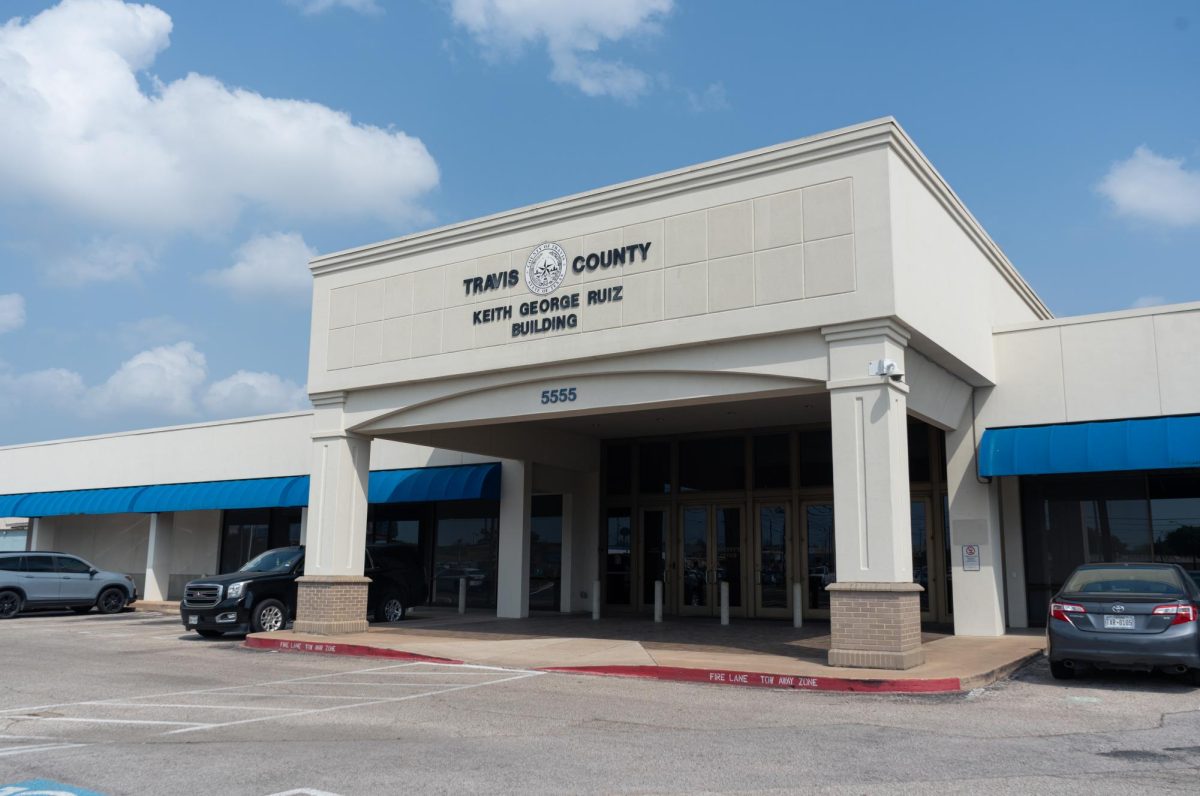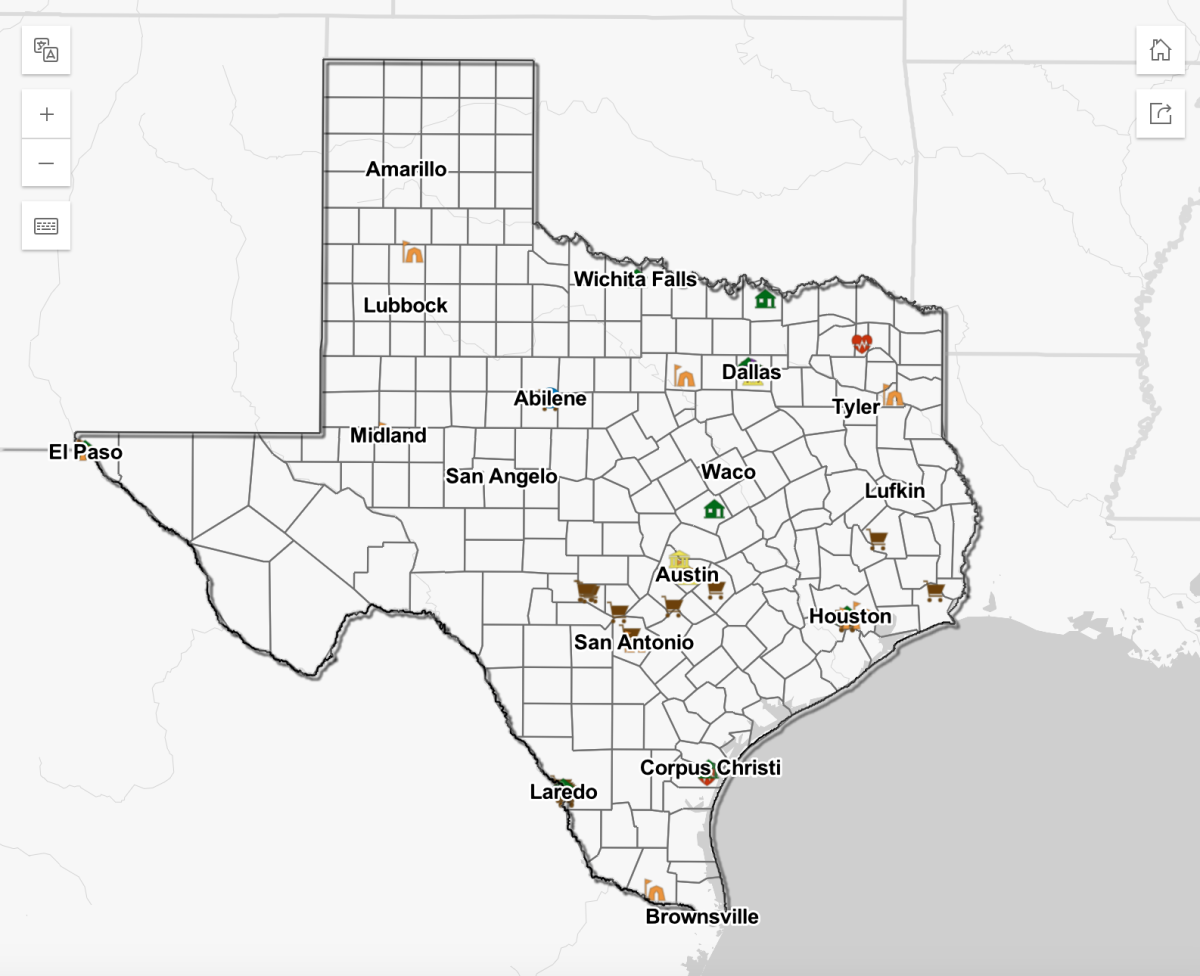Texas sheriffs of counties with more than 100,000 residents would be required to enter agreements with federal immigration authorities under Texas Senate Bill 8, which passed the Senate on April 1.
The bill requires participation in a program called 287(g), which authorizes the United States Immigrations and Customs Enforcement to delegate the duties of immigration officers to state and local law enforcement partners, according to the program website. While the program is not new, immigration policy experts and scholars said immigrant communities may be at more risk.
“The 287(g) program is about identifying criminality, not nationality,” said Charles Schwertner, a Texas senator and one of the bill’s authors, during the Senate floor debate.
According to the bill, a $20 million fund would be established to support sheriffs in counties with less than 1 million residents. For counties with a population over 1 million, including Travis County, law enforcement would be expected to cover the costs of the program independently.
“The Travis County Sheriff’s Office fully complies with state laws,” Travis County Sheriff Sally Hernandez said in an email statement. “As SB 8 is discussed, it is my sincere hope that public safety is carefully considered. … Victims don’t report crime and witnesses don’t come forward with information. Criminals win as they take advantage of the vulnerable among us.”
In Texas, there are 68 active 287(g) agreements as of this month, according to ICE data. Under the 287(g) model, law enforcement can enter three types of agreements. The jail enforcement model allows officers to question arrested or detained people in local jails about their immigration status. The warrant service officer model permits ICE-trained officers to issue administrative immigration warrants. The task force model authorizes law enforcement to stop people and request information about immigration status during routine police work.
In 2012, the federal government ended the model after concluding other enforcement programs were a “more efficient use of resources for focusing on priority cases,” according to an ICE policy memo. Danny Woodward, a policy attorney for the Texas Civil Rights Project, said the Trump administration brought the model back.
Currently, counties applying for a 287(g) agreement must submit a letter of interest and a memorandum of understanding to ICE indicating which program models they want to participate in, according to the ICE website. However, the bill states that sheriffs of applicable counties “shall request, and as offered, enter into a written agreement with (ICE).”
Woodward said he is worried about the potential for increased task force model implementation if ICE were to change the process of how law enforcement agencies choose to participate in the 287(g) program.
“I don’t think the language of this bill as written leaves any wiggle room for counties to reject an agreement that’s larger in scope than what they want to do,” Woodward said.
Néstor Rodríguez, a sociology professor at UT who specializes in immigration policy, said not all police are in favor of the 287(g) model. He said he had concerns for the potential for community-law enforcement relations to worsen.
“What you don’t want, which makes police work very challenging, is to have a community that’s alienated from institutions of the police and law enforcement,” Rodríguez said. “You want the opposite. You want close relationships.”














